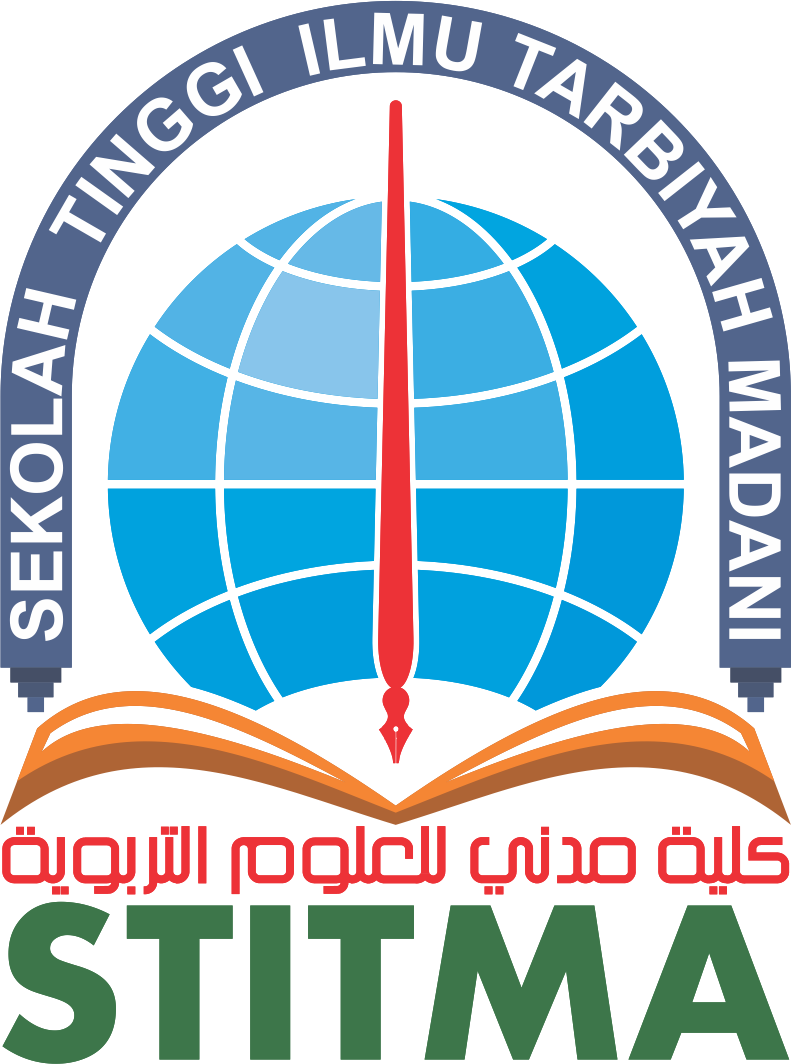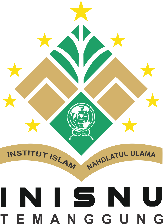The shariah ruling on the permissibility of seafood in hanafi and shafi'i jurisprudence: A comparative study in the light of the qur'an and hadith
DOI:
https://doi.org/10.59944/amorti.v4i3.467Keywords:
Islamic law, Jurisprudence, Hanafi school, Seafood permissibility, Comparative analysisAbstract
This paper presents a comparative analysis of the permissibility of seafood within the Hanafi and Shafi'i schools of Islamic jurisprudence. Although both schools derive their rulings from the Qur'an and Hadith, they offer divergent interpretations regarding various marine life. Whereas the Shafi'i madhab generally permits all types of seafood based on the broad textual evidence, the Hanafi school restricts permissible sea creatures chiefly to fish, relying on a more cautious and often literalist textual interpretation. By examining Qur'anic verses, Hadith evidence, the methodological underpinnings of classical jurisprudence, and the perspectives of various scholars, this study elucidates the historical and contextual basis for these legal differences. Furthermore, contemporary case studies are included to explore how these rulings affect dietary practices in Muslim communities today, thereby demonstrating the legal pluralism inherent in the Islamic juridical tradition.
References
Ahmed, S. (2015). Islamic Dietary Laws and Contemporary Food Safety. Journal of Halal Studies.
Al-Ghazali. (2001). The Incoherence of the Philosophers. Translated by M. H. Nurbakhsh.
Al-Najjar, F. (2010). Juristic Readings in Early Islamic Fiqh. Cairo: Islamic University Press.
Al-Shafi’i, M. (1995). Al-Risala: An Introduction to the Principles of Islamic Jurisprudence. Beirut: Dar al-Kutub al-‘Ilmiyya.
Fitrianto, I. (2019). ماليزيا بجامعة دار السلام كونتور العام: Kuisتنفيذ الدورة المكثفة في اللغة العربية لطلاب الكلية الجامعية الإسلامية العالمية بسلانجور 2018 (Doctoral dissertation, University of Darussalam Gontor).
Fitrianto, I. (2024). Critical Reasoning Skills: Designing an Education Curriculum Relevant to Social and Economic Needs. International Journal of Post Axial: Futuristic Teaching and Learning, 245-258.
Fitrianto, I. (2024). Innovation and Technology in Arabic Language Learning in Indonesia: Trends and Implications. International Journal of Post Axial: Futuristic Teaching and Learning, 134-150.
Fitrianto, I. (2024). Strategi Guru Pai Dalam Mengatasi Kesulitan Belajar Pada Mata Pelajaran Hadis Kelas 8 MTS Ibadurrahman Subaim. IJER: Indonesian Journal of Educational Research, 356-363.
Fitrianto, I., & Abdillah, F. M. (2018). Model pembelajaran progam pemantapan bahasa arab dan shahsiah (kembara) ke 4 mahasiswa kolej universiti islam antar bangsa selangor (kuis) tahun 2018. University of Darussalam Gontor 15-16 September 2018, 121.
Fitrianto, I., & Hamid, R. (2024). Morphosemantic Changes in the Arabic Language in the Social Media Era: A Study of Neologisms and Their Impact on Youth Communication/التغيرات المورفوسيمانتية في اللغة العربية في عصر وسائل التواصل الاجتماعي: دراسة حول النيو لوغيزم وتأثيرها على تواصل الشباب. IJAS: International Journal of Arabic Studies, 1(1 September), 25-39.
Fitrianto, I., & Saif, A. (2024). The role of virtual reality in enhancing Experiential Learning: a comparative study of traditional and immersive learning environments. International Journal of Post Axial: Futuristic Teaching and Learning, 97-110.
Fitrianto, I., Hamid, R., & Mulalic, A. (2023). The effectiveness of the learning strategy" think, talk, write" and snowball for improving learning achievement in lessons insya'at Islamic Boarding School Arisalah. International Journal of Post Axial: Futuristic Teaching and Learning, 13-22.
Fitrianto, I., Setyawan, C. E., & Saleh, M. (2024). Utilizing Artificial Intelligence for Personalized Arabic Language Learning Plans. International Journal of Post Axial: Futuristic Teaching and Learning, 30-40.
Hallaq, W. (2009). The Origins and Evolution of Islamic Law. Cambridge: Cambridge University Press.
Hassan, M. (2018). Modern Trends in Fatwa Issuance on Dietary Law. Islamic Law Review.
Ibn Hazm. (1992). The Fully Assembled Defense of the Faith. Translated by A. Quraishi.
Kamali, M. (2008). Principles of Islamic Jurisprudence. Oxford: The Islamic Texts Society.
Lim, R. (2019). Shari’ah and Marine Conservation: Contemporary Issues. Journal of Environmental Islamic Studies.
Rahman, F. (1982). Major Themes of the Qur'an. New York: University Press.
Rahman, F. (2017). Islamic Law in the Modern World: Transitions and Challenges. London: Routledge.
Saeed, A. (2006). Islamic Thought: An Introduction. Oxford: Blackwell Publishing.





























